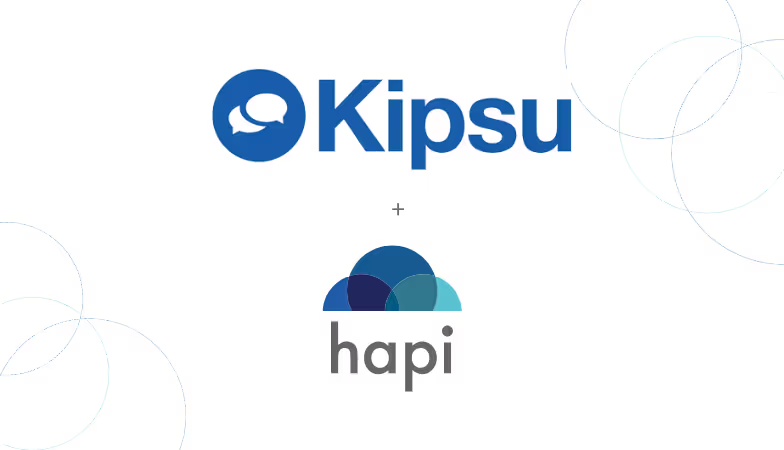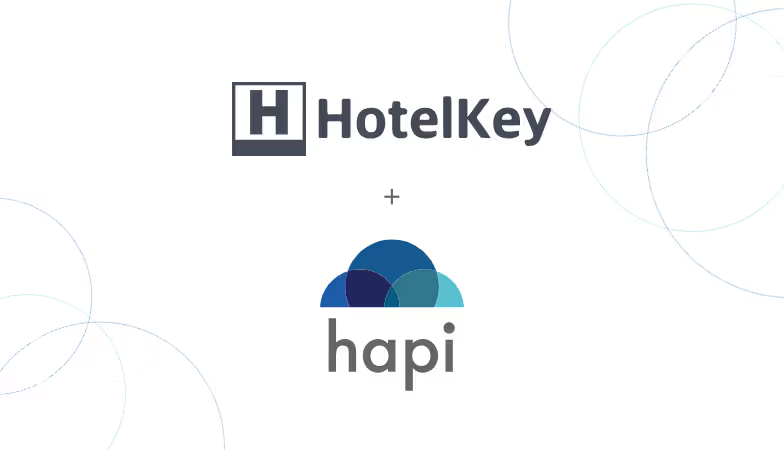How Hotels Can Make AI Work for Them: Overcoming Legacy System Challenges
The hospitality industry has always been built on human connection, but today, artificial intelligence (AI) is becoming a key player in enhancing guest experiences and optimizing operations. According to Hapi’s President, Jeff Bzdawka, the power of AI lies not just in automation but in its ability to predict, personalize, and act in real-time.
The Shift from Reactive to Predictive Hospitality
Traditional hospitality relies on staff responding to guest requests, but AI has the potential to shift this model entirely. Instead of waiting for a guest to ask for something, AI can anticipate needs based on real-time data. Imagine a guest arriving in the airport after a long flight, and they receive a notification asking if they’d like their favorite meal to be delivered to their room upon arrival. Or an AI-powered system that recognizes when a frequent traveler books a room and automatically adjusts preferences like in-room fitness and mini-bar options based on past stays.
"AI isn’t just about retrieving information anymore. It’s about making decisions and taking actions based on real-time data," Bzdawka explains.
AI and Attribute-Based Selling (ABS): The Missing Link
One area where AI is poised to make a major impact is attribute-based selling (ABS). Hotels have long struggled to offer guests more choice beyond simple room categories. Some attempts at ABS have fallen flat because they lacked the technology integration to make it seamless. AI changes that equation by analyzing massive amounts of data and identifying which guests are most likely to book specific room attributes – whether it’s a high floor, ocean view, or early check-in.
"AI can determine who has the highest propensity to upgrade and present personalized offers at the right time," Bzdawka says. This creates new revenue opportunities for hotels while enhancing the guest experience, and it’s something airlines have been taking advantage of for years.
The Role of Real-Time Data in AI-Driven Hospitality
The biggest challenge in leveraging AI effectively? Data fragmentation. Hotels operate in multiple disconnected systems, making it difficult to deliver AI-driven personalization. AI can only be as smart as the data it has access to. Slow or incomplete data limits its potential.
That’s where real-time data and integrations come in. Hapi’s approach involves streaming property-level data to the cloud, making it instantly accessible across different platforms. "Speed is everything," Bzdawka emphasizes. "If you’re processing guest data too slowly, you miss the moment to make an impact."
AI’s Role in the Future of Hospitality
Looking ahead, AI in hospitality will go beyond personalization and into automation of routine tasks. From handling reservations and optimizing pricing to managing back-of-house operations, AI-driven agents will play a larger role in reducing manual workload and improving efficiency.
But for AI to reach its full potential in hospitality, hotels must overcome challenges related to data accessibility, system integrations, and guest privacy. Transparency and trust will be key in ensuring that AI-powered services enhance, not replace, the human touch that makes hospitality special.
Related Posts

Simplify the complex hotel tech landscape
Looking to make the most of your data or better connect systems?









.svg)
.svg)







.svg)














.svg)



